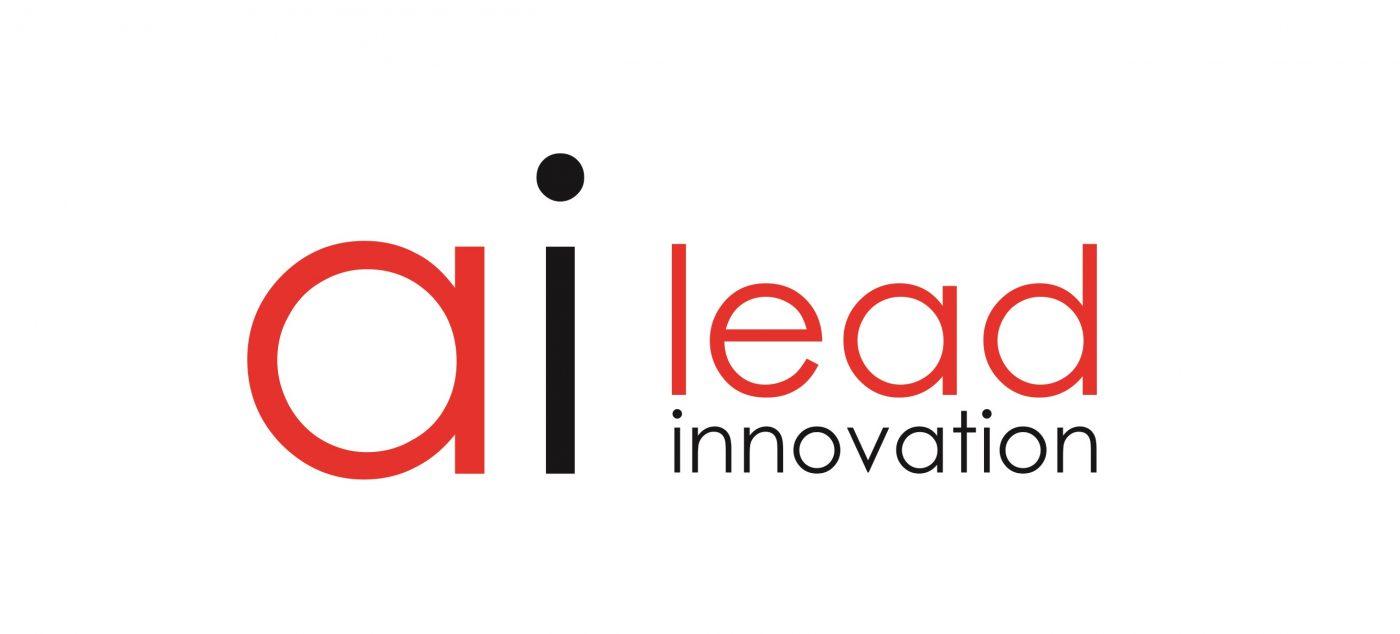Artificial intelligence (AI) is revolutionizing the education sector, transforming how teachers teach and how students learn. With advancements in machine learning (ML) and natural language processing (NLP), AI has become an essential tool for enhancing educational quality and making learning smarter and more personalized than ever before.
One of the most prominent applications of AI in education is the development of smart lectures. Platforms like Coursera, Duolingo, and Khan Academy have integrated AI to personalize learning content, tailoring lessons and exercises to each student’s proficiency level. This not only improves knowledge retention but also prevents learners from feeling overwhelmed.
AI is also transforming assessment and evaluation processes. Automated grading systems reduce the workload for teachers and provide detailed feedback, enabling students to identify their strengths and areas for improvement. Additionally, virtual learning assistants like ChatGPT can answer questions, explain concepts, and guide students with assignments, offering 24/7 support.
Beyond academics, AI is playing a key role in developing students’ soft skills. AI-powered simulations and virtual reality (VR) tools allow learners to practice real-world scenarios, from delivering presentations to solving complex problems.
However, the integration of AI into education comes with challenges, including concerns over data privacy, implementation costs, and over-reliance on technology. To fully harness the potential of AI, educational institutions must strike a balance between technology and the human element in teaching.
AI is not just a tool; it’s a gateway to building a smarter, more flexible, and highly personalized educational system that meets the learning demands of the 21st century.



